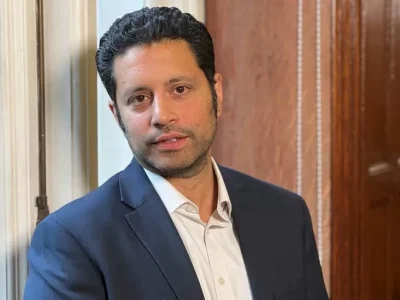The new head of the probation service in England and Wales has told BBC News that more men are needed in the profession. Kim Thornden-Edwards said it would help to bring a male perspective in some cases involving violent offenders, including cases of domestic abuse. Its workforce has been “stuck” at 75% women for 30 years, she added.
She also said older people with life experiences are needed, including those who have been on probation themselves. The probation service is responsible for supervising 240,000 former prisoners and offenders serving sentences in the community. However, it is facing intense scrutiny after a series of men committed murders while under probation supervision, among them Damien Bendall.

Masculinity issues
In her first interview since taking up the role of chief probation officer in February, Thornden-Edwards told BBC’s File on 4 programme that senior staff needed more options when assigning officers to cases. “Sometimes it’s really good to be able to allocate a case where they think the gender will be important,” she said.
“It might be really good for a woman to be leading on a domestic abuse case – but also, it might be good for a man to be challenging those kind of issues around masculinity and power from a male perspective.” Thornden-Edwards, who has spent her career in the criminal justice system after qualifying as a probation officer in 1996, said the recruitment of men was an issue the service had always been unable to crack. She said: “It’s been suggested in the past that associations of the probation service with social work has leant it to be viewed by women as more of an attractive career than men.”
Two reports, carried out by an external company for the Ministry of Justice, support moves to broaden the mix of gender, ethnic diversity and experience in the probation service. The findings of the unpublished research – seen by File on 4 – said the service needed to hire more “career changers” in their 30s, 40s and 50s, who could bring skills from different sectors. Thornden-Edwards said that later this year, the probation service was opening a non-graduate route for trainee officers – with GCSEs the only qualifications needed.
The probation union NAPO has highlighted staff shortages and huge caseloads as the main problems facing the service. A survey of more than 900 members, conducted by NAPO and passed to the BBC, suggested that more than a third of staff are considering quitting.
![]()





